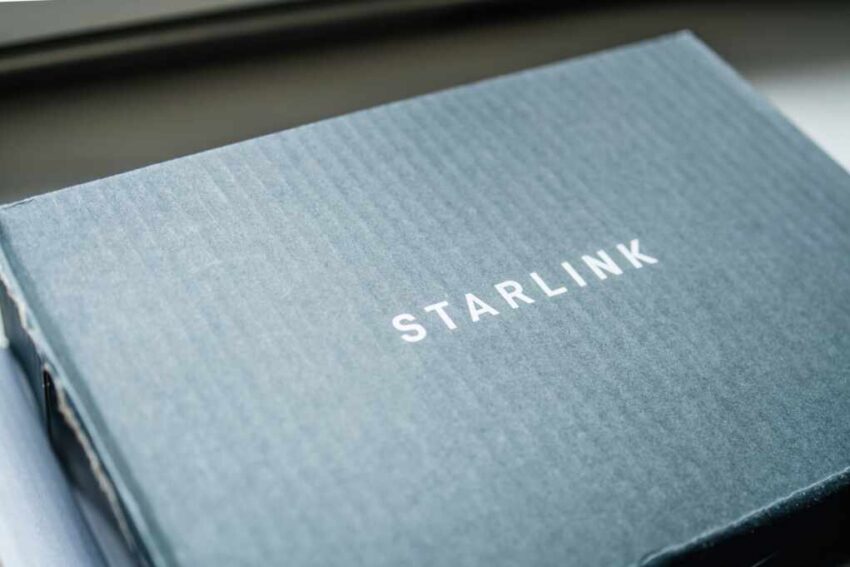Elon Musk activated Starlink’s satellite internet in Iran when authorities sharply restricted online access amid the escalating Israel‑Iran conflict, warning that without connectivity, Iranians would be “in the dark.”
At a Glance
- Elon Musk confirmed via X that “the beams are on,” activating Starlink service across Iran after the regime imposed “temporary restrictions” on the internet
- NetBlocks data showed a significant decline in international internet traffic in Iran following Israeli strikes on Iranian sites
- Iran’s Ministry of Communications attributed the shutdowns to “special conditions” amid the strikes
- Starlink is not officially available in Iran, but Musk’s intervention mirrors earlier efforts to support information access during crises like Gaza in 2024
- Experts warn that Iran may intensify efforts to block or jam the satellite signals, while activists say Starlink access is vital for circumventing censorship
Musk Overrides Tehran’s Blockade
As Israel launched major strikes under Operation Rising Lion on June 13, Iran sharply curtailed internet access. Prominent commentator Mark Levin tagged Musk on X, prompting the billionaire to confirm: “The beams are on.” Though Starlink isn’t officially licensed in Iran, coverage began to reach the country through undisclosed channels.
Why It Matters
Independent watchdog NetBlocks confirmed widespread drops in connectivity, particularly on VPN and gateway services. Activists likened Musk’s action to Starlink’s emergency deployment in Gaza during the 2024 blackout. This workaround may enable civilians to document on-the-ground conditions during wartime when traditional media is muzzled.
Watch a report: Elon Musk Activates Starlink for Iran Amid War With Israel.
The Broader Battle for Digital Freedom
Musk’s actions recall 2022, when the U.S. Treasury authorized satellite internet services for Iranian citizens following protests. While no fresh license was issued this time, the existing policy framework may offer legal cover. Inside Iran, Starlink terminals continue to be smuggled across borders, fueling a digital lifeline maintained by covert resistance networks.
Civil society groups emphasize that Starlink access provides secure communications, especially for activists and journalists under threat. Yet Iranian officials may retaliate by targeting users or deploying signal jamming technologies.
What’s Next
With no sign of easing, Iran is expected to crack down on unauthorized satellite use. Musk’s gambit may reignite debates over the responsibilities of private tech giants during global crises. As geopolitical tensions flare, control of information could prove as consequential as control of airspace.
Click this link for the original source of this article.
Author: Editor
This content is courtesy of, and owned and copyrighted by, https://thecongressionalinsider.com and its author. This content is made available by use of the public RSS feed offered by the host site and is used for educational purposes only. If you are the author or represent the host site and would like this content removed now and in the future, please contact USSANews.com using the email address in the Contact page found in the website menu.








